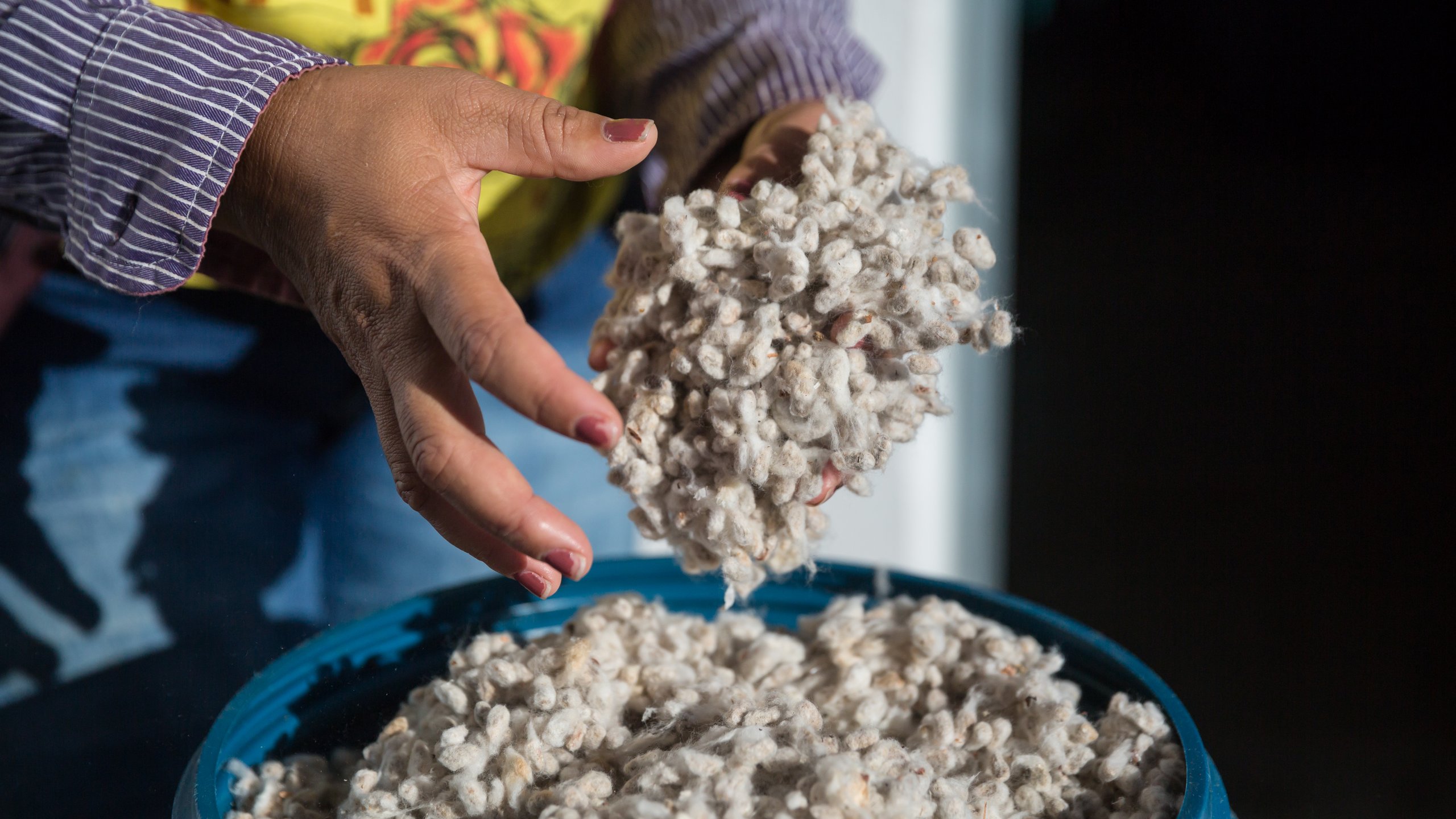Sustainable Raw Materials
18 December 2019 C&A Foundation

Accelerating Better Cotton Initiative to Mainstream Sustainable Cotton Production & Uptake.
Objectives:
-
Scaling up BCI’s proven model of market transformation by building the existing member base and driving the procurement of Better Cotton produced at farm-level
-
Deepening the impact of the Better Cotton Standard System (BCSS), specifically on gender equality; holistic water management plans and water stewardship; biodiversity; and safeguard on land use change
-
Lobbying governments and national or state institutions to embed the BCSS into local and national regulations
Facts:
Investment: EUR 1.500.000 (C&A Foundation)
Duration: 3 years (2017-19)
Geographic region: Global
Results
Targets were exceeded by a significant margin on both growth in retailer and brand membership and growth in membership uptake.
It was established a “breakthrough” understanding of the participation of women and men in better cotton production and of the possible pathways leading to improved gender equality in BCI.
Progress on national embeding of the BCSS is evident, but the uniqueness of each country setting, high staff turnover, and endlessly shifting national policies on production and export of cotton hindered wider changes.
What did we learn?
C&A Foundation
Mission alignment between funder and partner is critical to efficiently and effectively achieve the expected results.
Core support should be monitored to assure it remains commensurate to the needs of partner organisations and to avoid that it, in turn, stretches the organisational capacity challenges further and in new ways.
Key Performance Indicators are not always the best tool for tracking progress. Particularly if they are situated at too high a level and too long a range, or if they're not granular enough to allow to monitor process and ongoing learning.
For Partners & Others
Fast growth may sometimes outstrip the organisational capacity, therefore it's crucial to monitor and manage adaptively as necessary.
Training modules represent a solid foundation for training, but it is necessary to further adapt content for local conditions - geography, climate, scale of farming operation, literacy levels, legislation, and culture.
Tools and methods to engage brands and retailers are context specific and, therefore, it is necessary to adapt the value proposition and recruitment approach according to each market.
